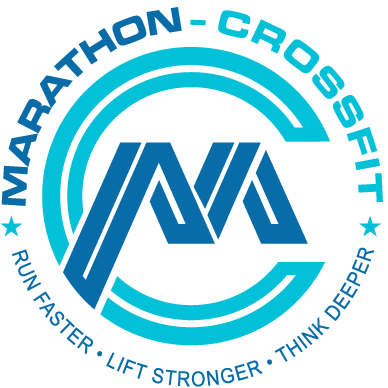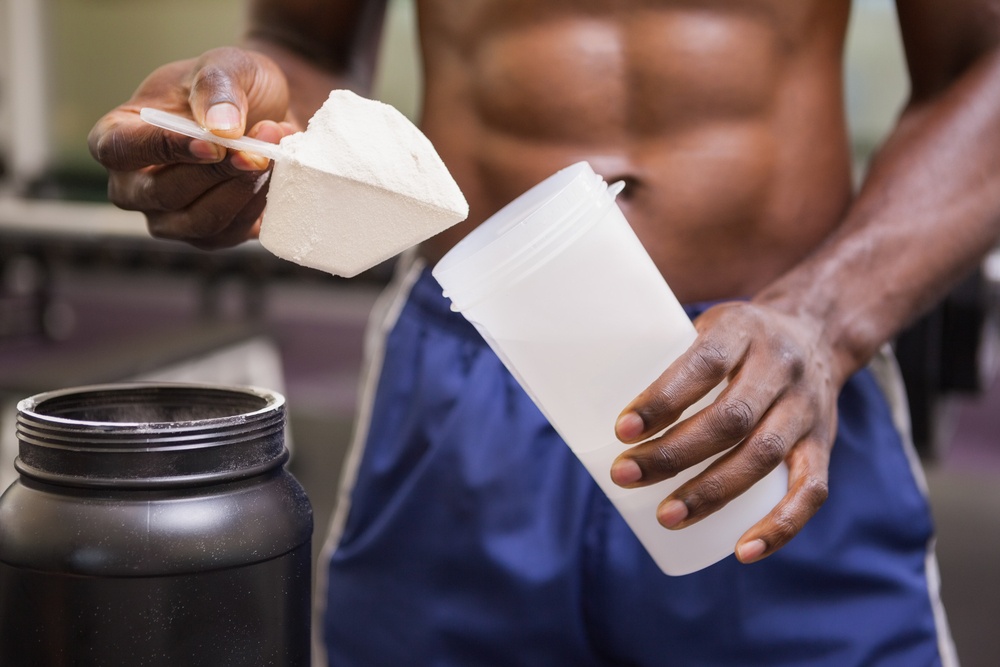What are proteins ?
This article is me looking at a layman at what a protein is and how it fits into training for strength. I am currently consuming two whey shakes a day, as I was told it is a good idea to increase your protein intake if you want to get stronger. I have already established that you need protein to get stronger. You will learn in this article what proteins are and which one if these little things are most relevant for strength training.
What are proteins ?
Proteins are molecules in the body which serve various different tasks. They are the building blocks of our organs like skin, kidney, hair or heart. They transport molecules from one place to another, help the immune system and blood circulation to work properly and even play a role in the process of creating DNA. There are countless ways proteins contribute to you functioning in the correct way and your body can not store them as good as fat or carbohydrates. So, take care of your protein intake.
The most important role of proteins in the body is the one of enzymes. Enzymes help to catalyse chemical reactions within the body. This means that proteins enable you to digest the food in the way you digest it and extract the nutrients out of the food you need just as one example. Without enzymes you can not function.
The most relevant proteins to your strength gains however are not enzymes, but structural proteins, which are not catalysts, but help cells to stay rigid, keep their form and enable them to create force. This is something we wnat when getting stronger, creating force and rigidity.
What is protein made of ?
Proteins are made of Amino Acids, which are also the building blocks of DNA. Our bodies can synthesize eleven of these amino acids itself. Nine of these have to be taken in via your diet and are called the essential amino acids. The essential amino acids are:
- Tryptophan
- Threonine
- Isoleucine
- Leucine
- Lysine
- Methionine
- Phenylalanine
- Valine
- Histidine.
The composition of the proteins is depending on the sequence of these amino acids, their stability and how they are folded in three dimensiol space. Even if a protein has the same sequence, but folds differently, it can fullfill a completely different chemical purpose. This makes them very complex and one of the greatest projects after deciphering the human genome is to tackle protein structure and their purpose to improve medication and our understanding of the chemical processes of the body. If you wanted to support research to make the world a better place, you can help with your computer right here in your sleep for free.
How much protein do I need ?
The rule of thumb is multiplying your body weight in kilograms by 0.8 and this gives you the amount amount in grams. Of course this varies by age, mediacal history, amount of exercise being done, your genes and all of the other variables that we humans bring with us and are around us.
So in my case that would be 68 grams of protein a day. Natural sources of protain are everything that vegetarians despise like fish, eggs, meat and dairy. If it is a dead animal, cooked and you need protein, you probably should eat it. However all is not lost for you vegetarians out there as Nuts, Seeds and Marmite can also be good sources of protein.
If you want to keep it simple make proteins a quarter of your diet with another quarter of carbohydrates and the rest being fruit and vegetables. Of course each diet guru you'll ask will give you a different answer to that one and the experts seem to change their opinion on the mix every decade or so.
If you look across poeple who are strong they usually seem to take in more protein rather than less.
What are structural proteins ?
Structural proteins are a subcategory of proteins. There are two groups within this category the motorproteins and the fibrous proteins. Both of them contribute to strength and muscle gains.
Structural protein examples:
Without getting too specific these proteins are the biulding blocks for your muscles and ligaments and to keep them moving. Therefore whenever they grow due to being overstrained and stimulated, you will need these to make up for the gap ensues.
Motor protein examples:
These proteins help in tranforming chemical into mechanical energy and are closely connected to the ATP process.
Conclusion
Proteins are mainly catalysts build from amino acids which make life possible, secondly the building blocks of our vital organs and thirdly the drivers behind locomotion. Without them you will not get stringer, in fact you will die. As you can not build all of the necessary amino acids yourself, you have take in the essential amino acids through your diet. Higher activity levels will increase your need for proteins slightly but not offset the fact that a balanced diet takes precedence over protein intake. The body's first source of protein, when there is not enough to go around, is to deconstruct muscle. Therefore feed yourself and do not be hungry, when on a strength gaining path like me.
Further reading
- Colostrum
- Creatine
- Digestive Enzymes
- Electrolytes
- Fish Oil
- GABA
- Glucosamine
- Glutamine
- How much do I have to pay for supplements
- Multi-Vitamin
- Probiotics
- Protein
- Vitamin C
- Vitamin D
- What are supplements
- Which supplements are sold the most
- ZMA


